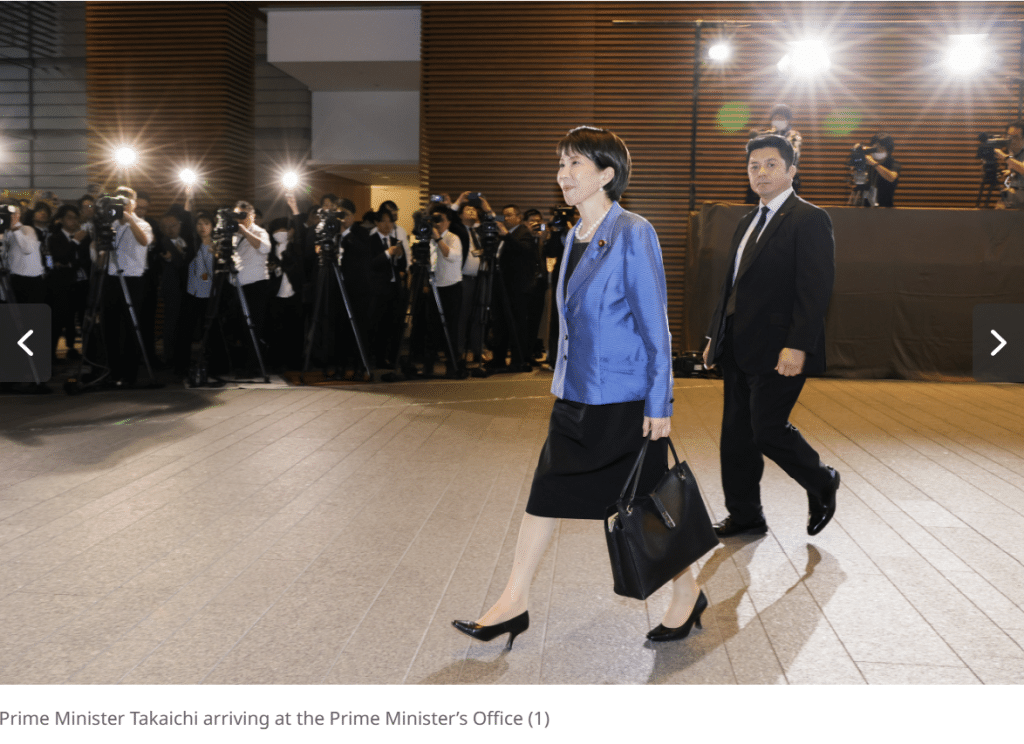The Expats in China Who Became World Record-Breakers
The couple piled their belongings onto a motorcycle and left Beijing on a sweltering July morning, unaware they would soon talk their way out of a police checkpoint, crash on a muddy mess of a road, down a beer-soaked egg, glimpse the North Korean border, and nearly blow up due to a loose fuel line.
And those were just the first days of what became “The Great Ride of China.”
Expats Amy Mathieson and Buck Perley set off in 2013 to earn the Guinness World Record for the longest motorcycle ride in one country. Ms. Mathieson’s mother, a Beijing native, warned her daughter that she would lose her limbs and then her boyfriend. Ms. Mathieson quit her job at an architectural firm; Mr. Perley left a flexible programming gig. They packed little more than an extra pair of clothing, six cameras, and a copious supply of sealable plastic bags.
It would take them 146 days and 21,222 miles (34,153 kilometers) to navigate a counter-clockwise route through every province, up to the grasslands of Inner Mongolia on China’s northern edge, past the cracked landscape of Xinjiang to its west, over the Tibetan Plateau, and back along verdant mountains of the country’s east.
The trip stemmed from a realization they’d spent three years in the country and experienced little beyond its brash capital. But it was also a test of the couple’s own capabilities, one that would reshape their relationship and their lives.
“This was one of the hardest things I’ve ever done,” Ms. Mathieson said. “Most things since [have not been] a challenge.”
Mr. Perley, a restless 28-year-old web developer from New York, wanted an adventure. Ms. Mathieson, a reserved 31-year-old architect from England, hoped to see China’s fading history.
CFMoto, a motorcycle manufacturer in the scenic eastern city of Hangzhou, sponsored their quest by covering the cost of food, lodging and gas, and supplying them with a650-TR touring bike. The couple also worked with a Beijing-based charity, Free Lunch for Children, to help raise money along the way.
They documented their time in raw, personal video that left in the bed bugs, the fights, and the sense that two ordinary people had found themselves in the middle of something extraordinary. Late last year, the pair finished a half-hour pilot episode they hope to turn into a television series, and they’re scouting out resources, largely from Chinese companies, to produce about six more episodes.
“It’s not often you have a story worth telling,” said Mr. Perley, who also plans to publish a book about the trip. On his wrist, a tattoo in Chinese characters reads, “calm mind, happy spirit.”

Even without the video, incidents are wedged in their memories: the evening in the northeast province of Hebei when Mr. Perley drank a raw-egg-infused beer with migrant workers (strength, the men said, for the journey ahead); the conversation with a Hui minority woman, who gave the couple melons on a lonely road in the far western Taklamakan Desert and apologized for her lack of sophistication.
There were other tales they told more gently to their parents, such as the time Mr. Perley needed to leave the country to renew his visa and spent the night on the best sleeping spot available: the floor of a Kyrgyzstanpolice barracks. A polic officer wanted to box until Mr. Perley distracted him by showing him how to play video games on his phone.
Then there was the time a mechanic forgot to tighten a screw on the bike’s fuel line. It shut off as the couple hit the motorway on-ramp, about the time they started smelling gasoline.
The riders toppled over only once, on a washed-out road soon after they left Beijing. Soaked and soiled with mud, they wiped off their helmets and got back on the bike.
Coastal rains gave way to gritty sandstorms as they headed west. Every place the couple stopped, onlookers repeated the same questions: Where did they come from? Who made the bike? How much did it cost? Were they married?
Almost no one asked why they decided to travel so far. “It was accepted we were weird,” said Ms. Mathieson, who is working on a coffee table bookthat looks beyond China’s hazy megacities to the spindly rivers and cultural relics of a 5,000-year-old civilization.
The couple woke with the sun and averaged 145 miles (234 kilometers) a day. Mr. Perley drove and Ms. Mathieson filmed using a small sports camera connected to a pole. Mr. Perley also attached a camera to his helmet.
Most every evening they collapsed in a cheap hotel that accepted foreigners—some claimed they didn’t have the paperwork to register non-Chinese guests—and catalogued the day’s footage. They each filmed a confessional while the other showered. In one, a giddy Mr. Perley describes their progress. Ms. Mathieson says: “Our clothes stink.”
Her toughness impressed him; his resourcefulness surprised her.
“It makes sense I’m doing this crazy thing,” Mr. Perley said, as he sipped coffee on a blustery Beijing day and discussed his enthusiasm for dangerous, middle-of-nowhere voyages.“But it doesn’t make sense why Amy comes with me and does this. It’s really quite remarkable.”
The return to Beijing was almost tougher than the travel. Neither had jobs. Mr. Perley needed to go back to the U.S. to resolve more visa issues. After months of a scripted routine, Ms. Mathieson said she felt adrift.
She now works as a senior designer at an architecture company in Beijing. He’s completing a rigorous coding course in San Francisco. They’re still figuring out where to settle.
The couple would need to travel more than double their distance to beat the latest record, from an American woman who rode through the continental U.S. They’ve stopped keeping track. Mr. Perley’s first words in the pilot don’t mention China or even the motorcycle, but what he admires about his girlfriend.
When she visited him in February during Chinese New Year, he proposed. Their next great ride is planning a wedding.
By JESSICA MEYERS Apr. 13, 2016 on the Wall Street Journal
Read more here








